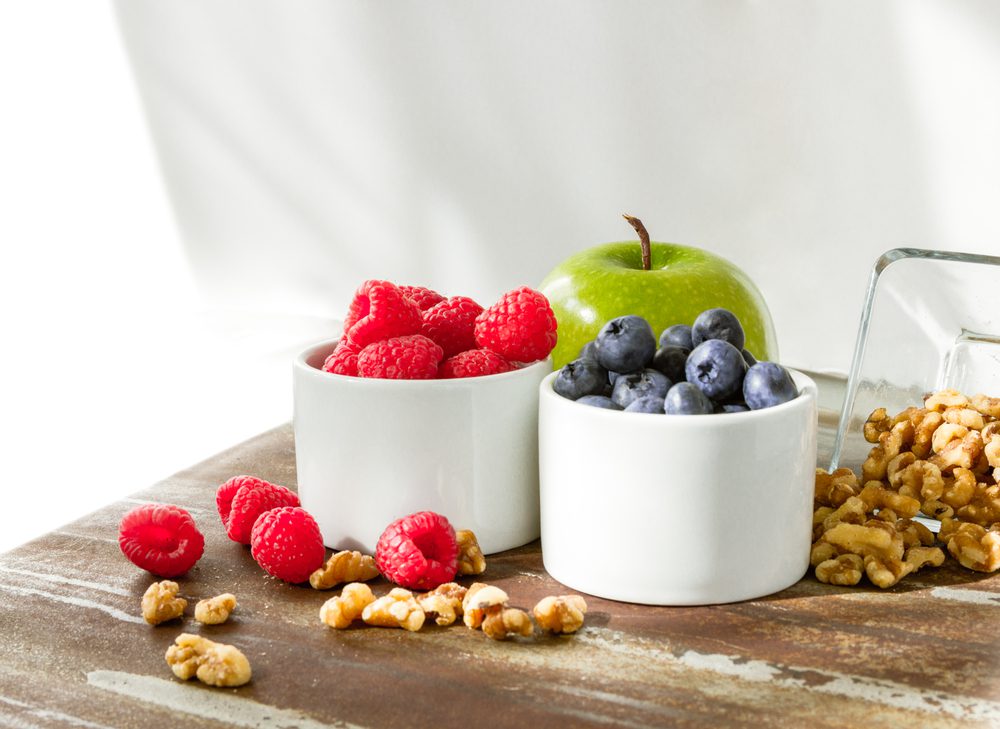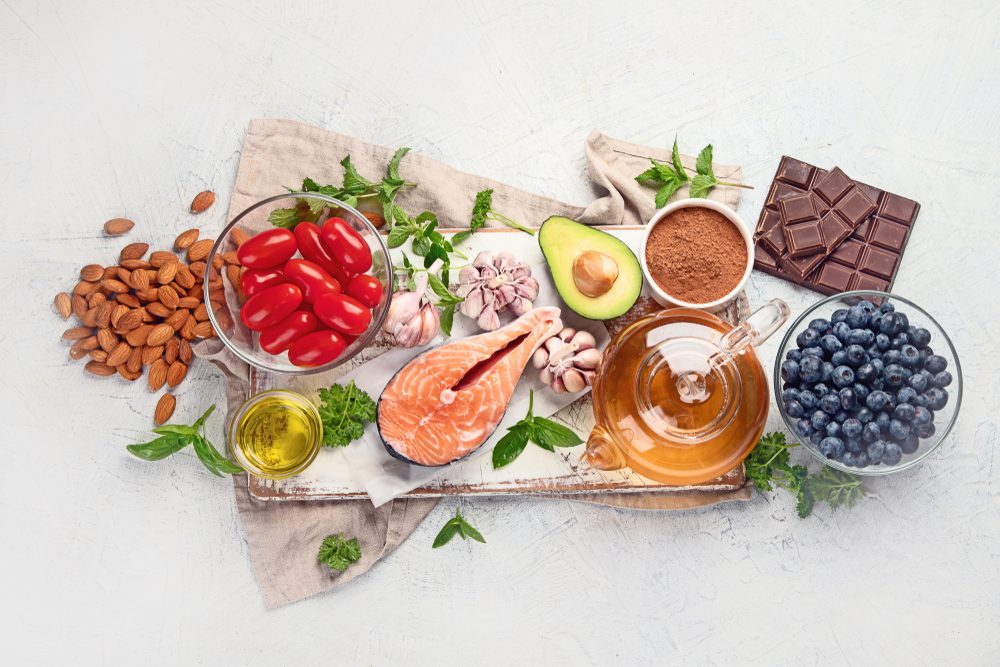Student life can be hectic and overwhelming, and the need to stay productive, focused, and motivated is important to achieve the results you want. While many factors contribute to overall performance, nutrition plays a crucial role in shaping physical and mental well-being. Just as Our Lead Recipe Developer and qualified Nutritionist, Greer Calabro recently chatted with The University of Sydney Business School to breakdown the essential components of managing nutrition for productivity.
Start your day right
They say breakfast is the most important meal of the day, and for good reason. A nutritious breakfast provides the body with essential nutrients to fuel the brain and body throughout the day. Opting for a balanced breakfast, comprising whole grains, lean proteins, fruits, and healthy fats. Foods like oats with nuts and berries, whole-grain toast with avocado and eggs, or yogurt with granola and fruits are excellent choices.
Level up your snack game
Snacking often gets a bad reputation, but when done right, it can be a valuable tool for maintaining focus and energy levels. Choosing smart snacks like nuts, seeds, fresh fruits, or whole-grain crackers with hummus. Avoid sugary snacks and opt for those rich in fiber and protein, as they provide sustained energy and prevent energy crashes.

Stay Hydrated
Even mild dehydration can reduce cognitive abilities and contribute to moodiness, anxiety and fatigue. Australian Health guidelines recommend a minimum intake of 2.1 litres of water for women and 2.6 litres for men per day. Staying hydrated by carrying a reusable water bottle and sipping water throughout the day can ensure you are hitting your water intake goals and performing at your best. If you struggle to get your daily intake of water try adding some flavour boosters, like mint, cucumber or fruit to make hydration more enjoyable.
Incorporate Brain-Boosting Foods
Boost your brain function by incorporating antioxidant and omega-3 rich foods. Fatty fish like salmon and tuna along with nuts & seeds are rich sources of omega-3 fatty acids, which support healthy brain function. Berries, nuts and dark chocolate are rich in antioxidants and may help to boost focus and improve mood. Aim to include a variety of these foods in your diet to support brain health.

Don’t Skip Meals
In the midst of study, assessments and exams, it is easy to push meal times aside and not prioritise nutrition. However, skipping meals can lead to low energy levels and decreased concentration. Taking time out to enjoy nutritious, balanced meals, not only provides your body and brain the nutrients it requires to thrive, it also provides a welcome respite from the demands of a hectic schedule.
Optimise Study Snacks
When feeling stressed and tired, it is common to crave quick, high sugar snacks for a quick energy boost. The problem with this is whilst they give you the quick boost you need, that energy is short lived and ends up with energy crashes soon after. So, instead of reaching for lollies or high sugar foods, opt for healthier alternatives like carrot sticks with hummus, a small portion of mixed nuts, air-popped popcorn fruit or rice cakes with cheese and tomato.
Prep for Success
Setting some time aside each week to plan and prepare meals and snacks not only sets you up for nutrition success, it can also save you money. By setting aside a few hours each week, meal planning can ensure you are in control of your nutrition and avoid you opting for expensive take-away and delivery options. With the convenience and cost-effectiveness of meal prepping, maintaining a nutritious and budget-friendly diet becomes a seamless and enjoyable journey.

